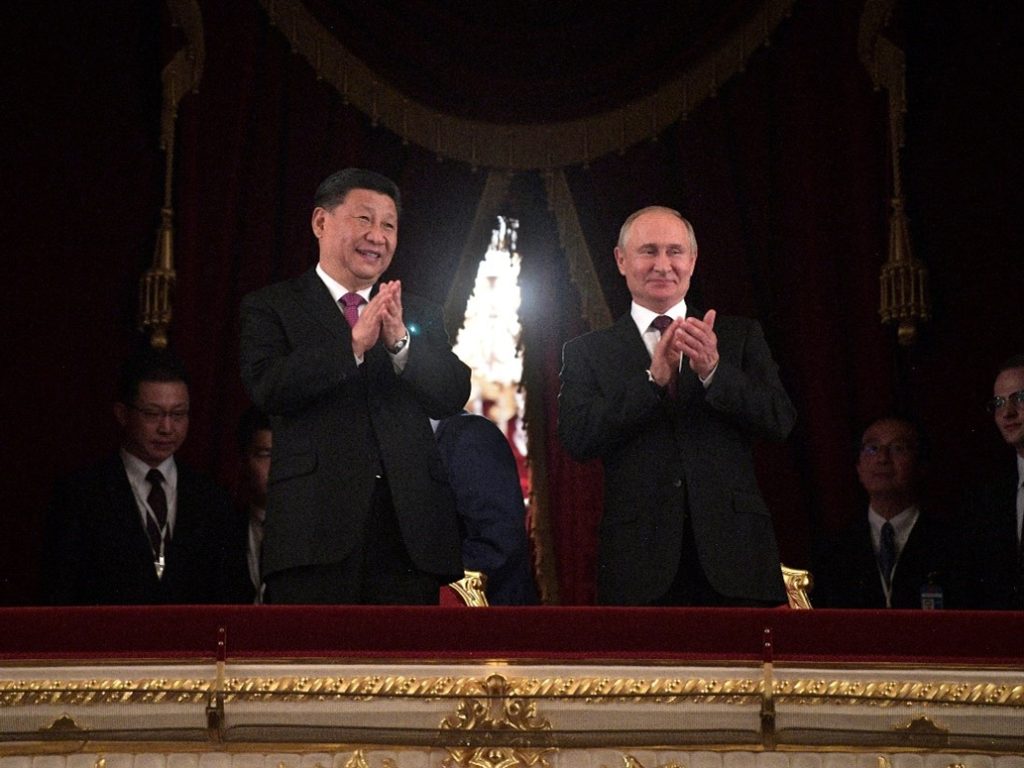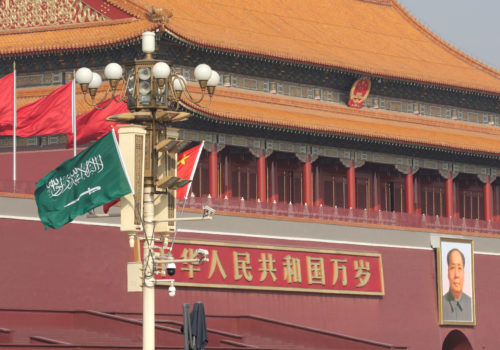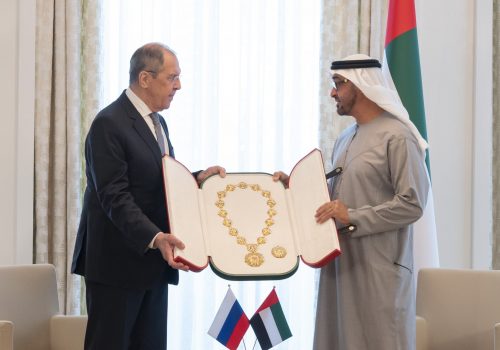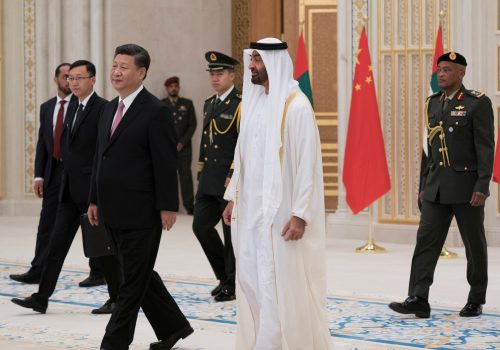Great power projection in the Middle East: The China-Russia relationship as a force multiplier
This report is part of a strategic collaboration launched by the Atlantic Council (Washington, DC), the Emirates Policy Center (Abu Dhabi), and the Institute for National Security Studies (Tel Aviv). The authors are associated with the initiative’s Working Group on Chinese and Russian Power Projection in the Middle East. The views expressed by the authors are theirs and not their institutions.’
Russia and China are often mischaracterized as allies. Authors Jonathan Fulton and Li-Chen Sim explore the perception that their revisionist preferences for international order align, and that their desires for a less US-centered international order mean they are collaborating toward this end. In the report, the authors agree that Russia’s more prominent security role in MENA augments China’s larger economic footprint; and that together they function as wedge strategies vis-à-vis US relations with traditional interlocutors in the region. There is, however, little evidence that China and Russia proactively coordinate their approaches in MENA.
In a new Scowcroft Middle East Security Initiative report, “Great Power Projection in the Middle East: The China-Russia Relationship as a Force Multiplier,” Fulton and Sim provide a comparative analysis of the approaches that China and Russia have adopted to develop their regional presence in MENA across four realms of influence: political, economic, security, and public diplomacy. The authors go on to address four questions:
- What are their objectives?
- What tools do they use?
- How do their objectives and tools of influence impact vital US interests?
- Do they pose a similar level of challenge to regional order and US power in MENA?
China and Russia’s MENA Partnerships

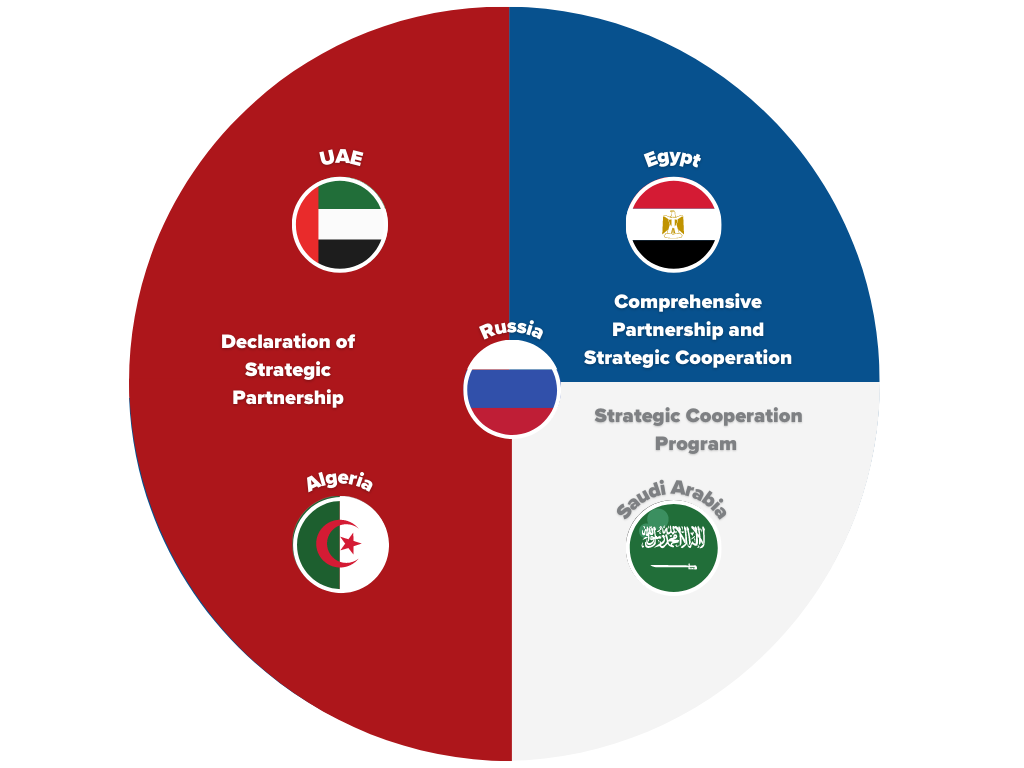
Authors

Jonathan Fulton
Nonresident Senior Fellow, Middle East Programs
Atlantic Council
Assistant Professor of Political Science in the College of Humanities and Social Sciences
Zayed University, Abu Dhabi, United Arab Emirates
An expert on Chinese policy toward the Middle East, Fulton has written widely on the topic for both academic and popular publications. He is the author of China’s Relations with the Gulf Monarchies and co-editor of External Powers and the Gulf Monarchies. Fulton received his Ph.D. from the University of Leicester, where his dissertation focused on Chinese relations with the Gulf Cooperation Council member states. He also holds degrees from Staffordshire University, the University of Southern Queensland, and Dalhousie University.
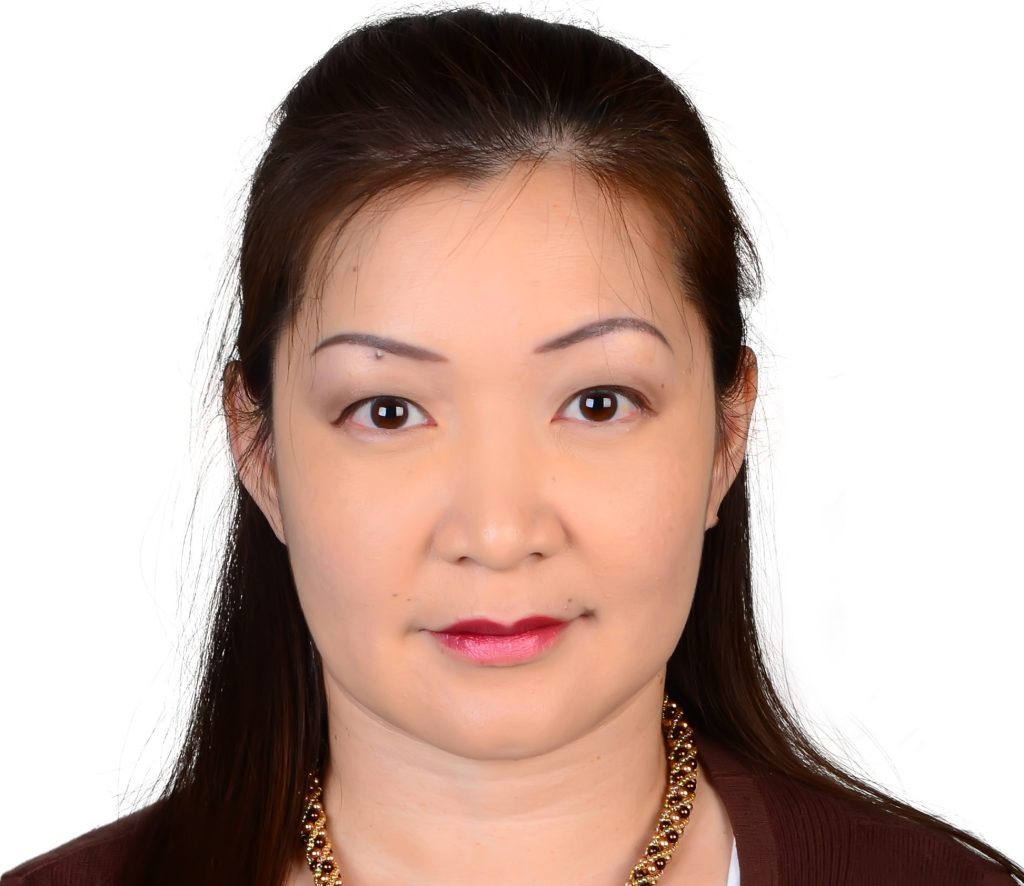
Li-Chen Sim
Assistant Professor
Khalifa University, Abu Dhabi, United Arab Emirates
Nonresident Scholar
Middle East Institute
Dr. Li-Chen Sim is an Assistant Professor at Khalifa University in the UAE. She holds a Ph.D. in Politics from Oxford and is a specialist in the political economy of Gulf and Russian energy and its intersection with domestic politics as well as international relations. Her interests include the politics of energy in the Gulf, Gulf-Asia exchanges, and Russia-Gulf interactions. Her latest book is Low Carbon Energy in MENA (Palgrave, 2021).
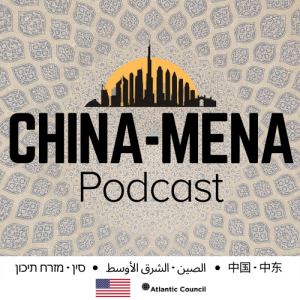
Podcast series
Listen to the latest episode of the China-MENA podcast, featuring conversations with academics, government leaders, and the policy community on China’s role in the Middle East.
Further reading
Wed, Jun 5, 2019
China’s changing role in the Middle East
Report By Jonathan Fulton
The report analyzes China’s presence in the Middle East, examines the response of Middle Eastern states, and explores how US-China competition plays out in the region: are their interests compatible, creating opportunities for cooperation, or do they diverge to the point that competition is the most likely outcome?
Wed, Apr 21, 2021
Russia in the Middle East: A source of stability or a pot-stirrer?
MENASource By
Russian Foreign Minister Sergei Lavrov’s Gulf tour in March exemplifies the complexity of Russian foreign policy in the region.
Thu, Jan 27, 2022
China is trying to create a wedge between the US and Gulf allies. Washington should take note.
MENASource By Jonathan Fulton
Recent events indicate that leaders in Beijing are no longer satisfied with the logic of strategic hedging and are pursuing a more muscular approach to the Gulf.
Image: Chinese President Xi Jinping and Russian President Vladimir Putin attend a ceremony dedicated to the 70th anniversary of the establishment of diplomatic relations between Russia and China, in Bolshoi Theatre in Moscow, Russia June 5, 2019. Sergei Ilnitsky/Pool via Reuters
